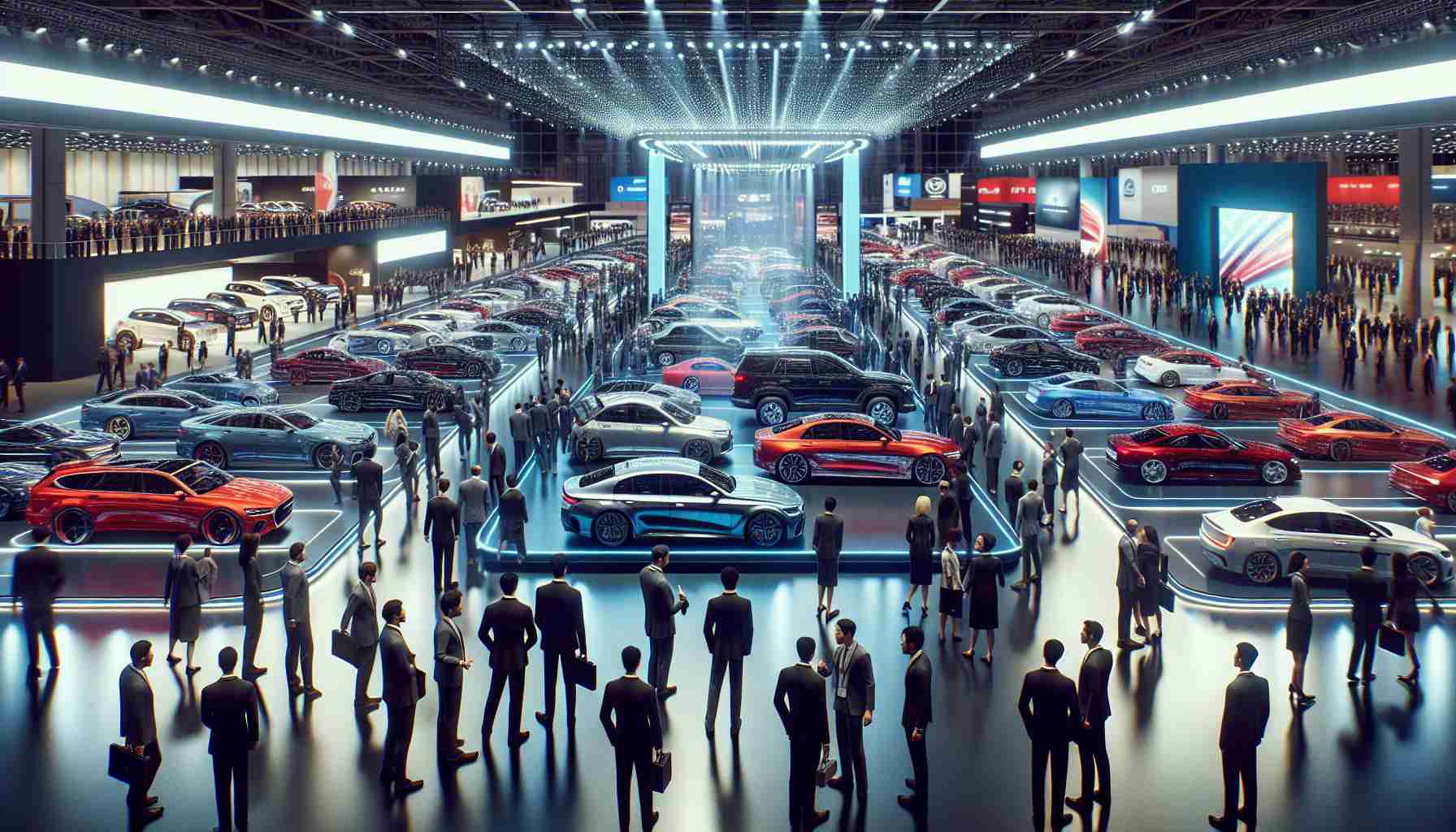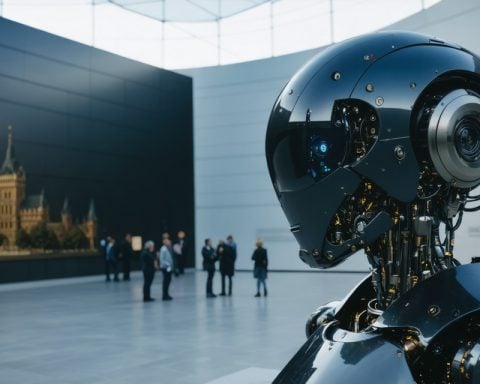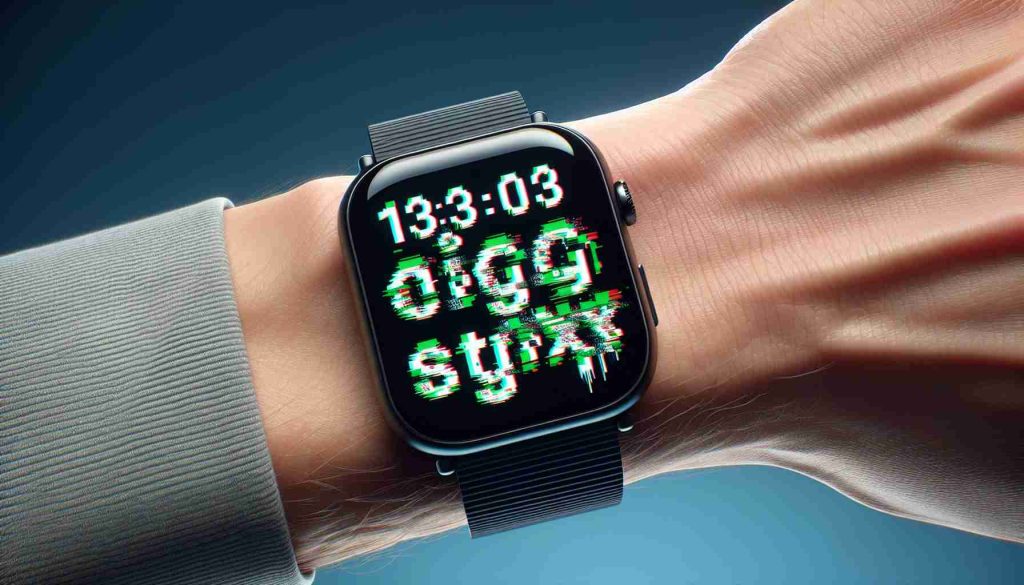The fierce rivalry in the smartphone industry between Lei Jun of Xiaomi and Yu Chengdong of Huawei seems to have evolved into a surprising new collaboration avenue—automobiles. Both business moguls made headlines at the Guangzhou Auto Show on November 15th, drawing crowds with their impressive automotive endeavors.
Lei Jun presented the highly anticipated production version of the Xiaomi SU7 Ultra, debuting at a domestic auto show for the first time. His presence was met with significant fanfare as media and enthusiasts flooded the event, witnessing the synergy between technology and automotive innovation promoted by Xiaomi.
Meanwhile, Yu Chengdong, representing the HarmonyOS team, showcased their automotive ambitions at the Chery booth with the Zhi Jie R7 and S7 models. Despite lackluster sales, Chery’s chairman expressed firm confidence in following Huawei’s lead, suggesting Yu might be better named Yu Success.
The auto show wasn’t just a spectacle of new cars like the AITO M5, M7, and M9 or the new Chery models. It also highlighted Huawei’s resurgence in the automotive arena, partnering with numerous car manufacturers to feature its ADS technology. Despite previous strategic divestment, Huawei has recommitted itself to being a service provider for automotive partners, successfully restoring industry trust.
Noticeably absent was another tech giant, Zhou Hongyi, as his company Nezha Auto faced challenging times, including layoffs. Still, Nezha aimed to boost brand perception with a clever marketing gimmick, distributing American coffee with the message “Nezha’s Fine.”
The presence of traditional automotive giants alongside these tech titans underscores the auto show’s role as a crucial platform for industry exchange, beyond mere exhibition of cutting-edge vehicles.
Surprising Alliances and Innovations: How the Tech Titans are Steering the Automobile Industry
Introduction to a New Era in Automobiles
In recent developments at the Guangzhou Auto Show, the tech titans known for their rivalry in the smartphone industry, Lei Jun of Xiaomi and Yu Chengdong of Huawei, have made headlines by stepping into an entirely different arena—automobiles. But what does this mean for consumers and the broader automotive market? Are these tech-driven automobile innovations paving the way for a futuristic driving experience?
The Unexpected Shift: From Handhelds to Steering Wheels
This new venture reveals a compelling shift where technology companies extend their expertise beyond traditional domains. Xiaomi’s unveiling of the SU7 Ultra and Huawei’s endeavors with models like the Zhi Jie R7 and S7 indicate a broader strategy to integrate advanced tech into vehicles. This shift provides additional pressure on traditional car manufacturers, pushing them towards more innovative solutions and challenging the industry’s status quo.
Implications for Communities and Economies
Communities and local economies may see a positive impact as these tech giants expand their operations, creating jobs in new sectors like automobile technology development and manufacturing. However, this tech infusion might lead to workforce displacement in areas where conventional automotive expertise is emphasized. How can communities adapt, and will there be adequate reskilling initiatives?
Advantages and Disadvantages of Technology-driven Automobiles
With technology’s marriage to the automotive industry, consumers benefit from enhanced safety features, advanced navigation systems, and other tech-based comforts in vehicles. Yet, this reliance on intricate technology can escalate repair costs and cause concerns over data privacy and cybersecurity threats in vehicles connected to the internet.
Controversies and Critical Questions
As these tech companies venture into the automobile space, controversies arise regarding monopoly power and data utilization. Will Huawei and Xiaomi’s potential dominance in the vehicle market further diminish the competitive market landscape, suppressing smaller players? Furthermore, how will these companies address the mounting concerns over user data security and the integration of AI technologies in driving systems?
Clickbait: Is Your Car Spying on You?
One of the main controversies revolves around user data collection. Modern vehicles are increasingly becoming ‘computers on wheels,’ raising questions about the extent to which personal driving data is collected, stored, and possibly shared. How transparent are these companies in their data handling processes?
The Road Ahead
While these tech-driven automobiles promise futuristic capabilities, the industry’s evolution will depend on how well it balances innovation with ethical responsibilities. Moreover, as more clients demand smarter, eco-friendly vehicles, these companies might explore sustainable practices and technologies. The automobile industry might face a long-term restructuring towards greener and smarter solutions.
Related and Further Reading
For more information on technology’s impact on various industries, check out Huawei and Xiaomi for industry insights and future updates.
The automotive world stands on the brink of a technological revolution. How these tech companies will continue to balance innovation, regulation, and consumer interests remains a topic of keen interest. Can they drive positive change and redefine mobility, or will the challenges overshadow the benefits?























